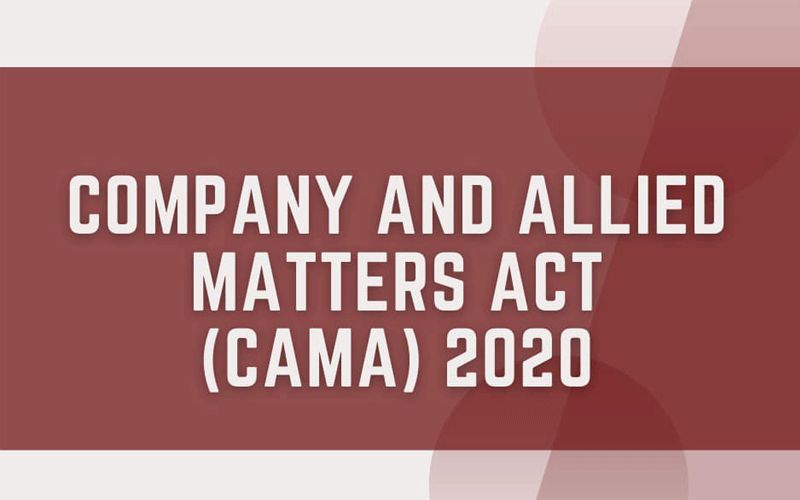Abuja, 25 September, 2020 / 9:27 pm (ACI Africa).
The President of Nigeria has said that the controversial Companies and Allied Matters Act (CAMA) 2020, which is being contested by Christian leaders over its attempt to control churches, is a measure to help fight corruption.
Speaking at the Open Government Partnership (OGP) 2020 Virtual Leaders’ Summit on Thursday, September 24, President Muhammadu Buhari said that the legal framework is among the anti-corruption measures that his government has put in place in line with OGP reform commitments.
“Since the inception of our Administration in 2015, the Government has been committed to changing international and domestic perceptions regarding Nigeria’s commitment to fight corruption and foster good governance,” President Buhari has been quoted as saying during the virtual meeting.
Since then, the President added in reference to the start of his Presidential term in May 2015, “we have made significant progress in implementing tougher anti-corruption measures, including my recent assent to the Companies and Allied Matters Act, 2020.”
The law “provides a legal framework for the implementation of Beneficial Ownership Information Disclosure in Nigeria,” he went on to say during the September 24 meeting, which is part of the 75th Session of the United Nations General Assembly (UNGA75) in New York, United States.








